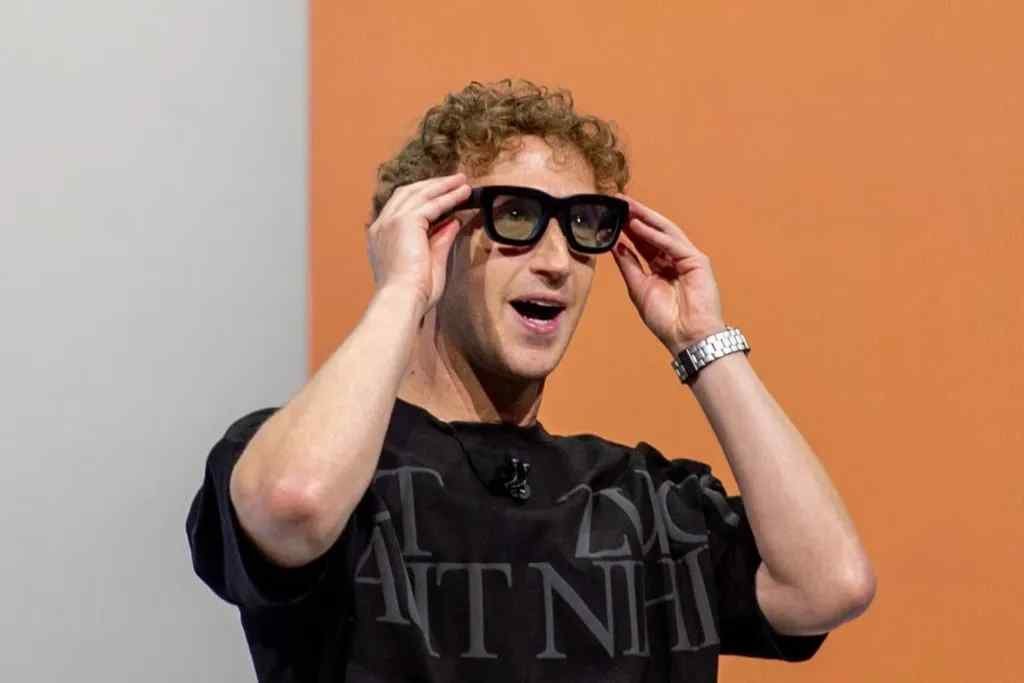Meta’s chief executive, Mark Zuckerberg, believes the age of the smartphone is winding down. Speaking about the future of personal tech, he predicted that glasses equipped with smart features will eventually take the place of the devices that dominate our daily lives today.
According to him, the appeal is simple: people want to stop staring down at glowing screens and instead interact with technology in a more natural, hands-free way. Glasses, he argued, provide that bridge—something people already wear, now turned into a gateway for communication, navigation, and information.
A Gradual Transition, Not an Overnight Switch
Zuckerberg isn’t forecasting an immediate disruption. Instead, he expects the 2030s to be defined by a slow handover where smartphones and smart glasses coexist. That overlap, he says, will give people time to grow comfortable with the idea of wearing tech on their faces daily.
Meta has already planted seeds for that future. Its Ray-Ban Stories and newer Ray-Ban Meta models offer early glimpses: recording short videos, translating speech on the spot, listening for commands, and overlaying digital information in real-world settings.
Why Glasses Could Succeed Where Phones Stall
The smartphone market has shown signs of fatigue. Shipments are slowing, and the annual updates from major manufacturers often feel like minor tweaks rather than breakthroughs. Zuckerberg sees this as an opening. If phones are losing their shine, the timing is right for something radically different to take their place.
That “something different,” in Meta’s vision, would be wearable devices that make travel, socializing, and entertainment easier while blending virtual layers into everyday life. The promise is efficiency—but it also raises questions about privacy and how blurred the line between physical and digital might become.
The Barriers to Mass Adoption
For now, cost is the biggest obstacle. Advanced AR glasses remain expensive, limiting their reach beyond early adopters. Meta is pouring billions into what it calls Project Orion, an effort to scale the technology and make it affordable to the mainstream.
Zuckerberg expects progress within the next three to five years, with adoption accelerating through the end of the decade. By 2030, he predicts as many as one in four people could be wearing smart glasses instead of reaching for a phone.

